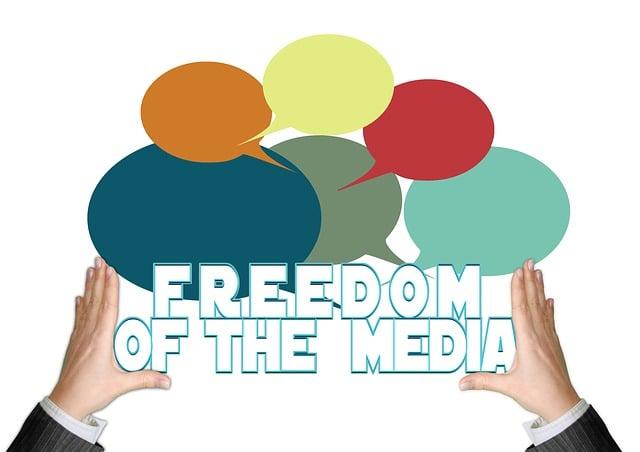“`html
The Politics of Media Censorship in Pakistan
Media censorship in Pakistan is a complex and contentious issue, heavily entwined with the country’s political framework and social dynamics. The interplay between state control, freedom of speech, and public access to information shapes the media landscape in profound ways. In this article, we will explore the reasons behind media censorship in Pakistan, the impact it has on society, and the ongoing struggle for free expression.
Understanding Media Censorship in Pakistan
Media censorship refers to the suppression of speech, public communication, or other information. In Pakistan, censorship often manifests through legal regulations, direct governmental interventions, and self-censorship by journalists and media organizations. Key factors fueling media censorship include:
- Political Power: The ruling government often perceives dissenting voices as threats to their authority, leading to greater censorship.
- National Security: Issues of national security, particularly relating to terrorism and internal stability, are often cited as justifications for media suppression.
- Religious Sensitivities: Content that may be viewed as blasphemous or offensive to religious sentiments faces heightened scrutiny.
- Foreign Relations: Media coverage that could potentially damage Pakistan’s diplomatic standing often finds itself under restrictive measures.
The Political Landscape: Who Controls the Narrative?
The control of media narratives in Pakistan primarily lies with governmental institutions, political parties, and military officials. The Pakistan Electronic Media Regulatory Authority (PEMRA) plays a significant role in monitoring and regulating broadcasts. However, journalists often face constraints in their reporting due to various pressures:
Government Intervention
Government bodies frequently intervene in media operations. High-profile cases of media shutdowns and harassment of journalists have been documented, leading to an environment of fear and self-censorship.
The Military’s Influence
The military’s involvement in civilian affairs also extends to media control, with military-owned channels and media outlets often promoting a favorable narrative for their interests.
Impact of Media Censorship
Media censorship creates significant implications for democracy and public discourse in Pakistan:
- Restricted Freedom of Expression: Journalists and citizens face limitations in sharing their opinions, leading to a less informed public.
- Stifled Political Debate: Political discourse is constrained, preventing the emergence of diverse viewpoints essential for a healthy democracy.
- Manipulated Information: State-controlled narratives can lead to a polarized society with misinformation prevalent among the populace.
Case Studies: Noteworthy Examples of Censorship in Pakistan
| Year | Event | Outcome |
|---|---|---|
| 2016 | Shutdown of Geo TV | Geo TV faced a prolonged blackout following coverage of military actions. |
| 2018 | Jamal Khashoggi Coverage | Media outlets restricted from covering international reactions to the incident. |
| 2020 | Blocking of Social Media Posts | Government issued directives to remove posts that critique its policies. |
Benefits of Freedom of the Press
Despite the pervasive censorship, there are arguments for fostering a free press in Pakistan, including:
- Enhanced Transparency: A free media serves as a watchful guardian, holding the government and other entities accountable.
- Empowered Citizenry: An informed public can engage in meaningful political discourse, fostering stronger democratic values.
- Economic Growth: A robust media environment can attract foreign investments, promoting economic prosperity.
Practical Tips for Navigating Media Censorship
For journalists and concerned citizens, navigating the treacherous waters of media censorship requires strategies such as:
- Building Safe Communication Channels: Using encrypted messaging services to share sensitive information.
- Creating Networks: Forming alliances with international media houses or NGOs to amplify voices.
- Engaging in Advocacy: Participating in campaigns for press freedom and raising awareness globally.
Conclusion
The politics of media censorship in Pakistan is an ongoing challenge that poses risks to democracy, freedom of expression, and the basic tenets of a participatory society. As the landscape continues to evolve, it is crucial for individuals and organizations to advocate for a free and independent press. Only through collective efforts can Pakistan move toward a culture of transparency, accountability, and informed citizenship.
“`



